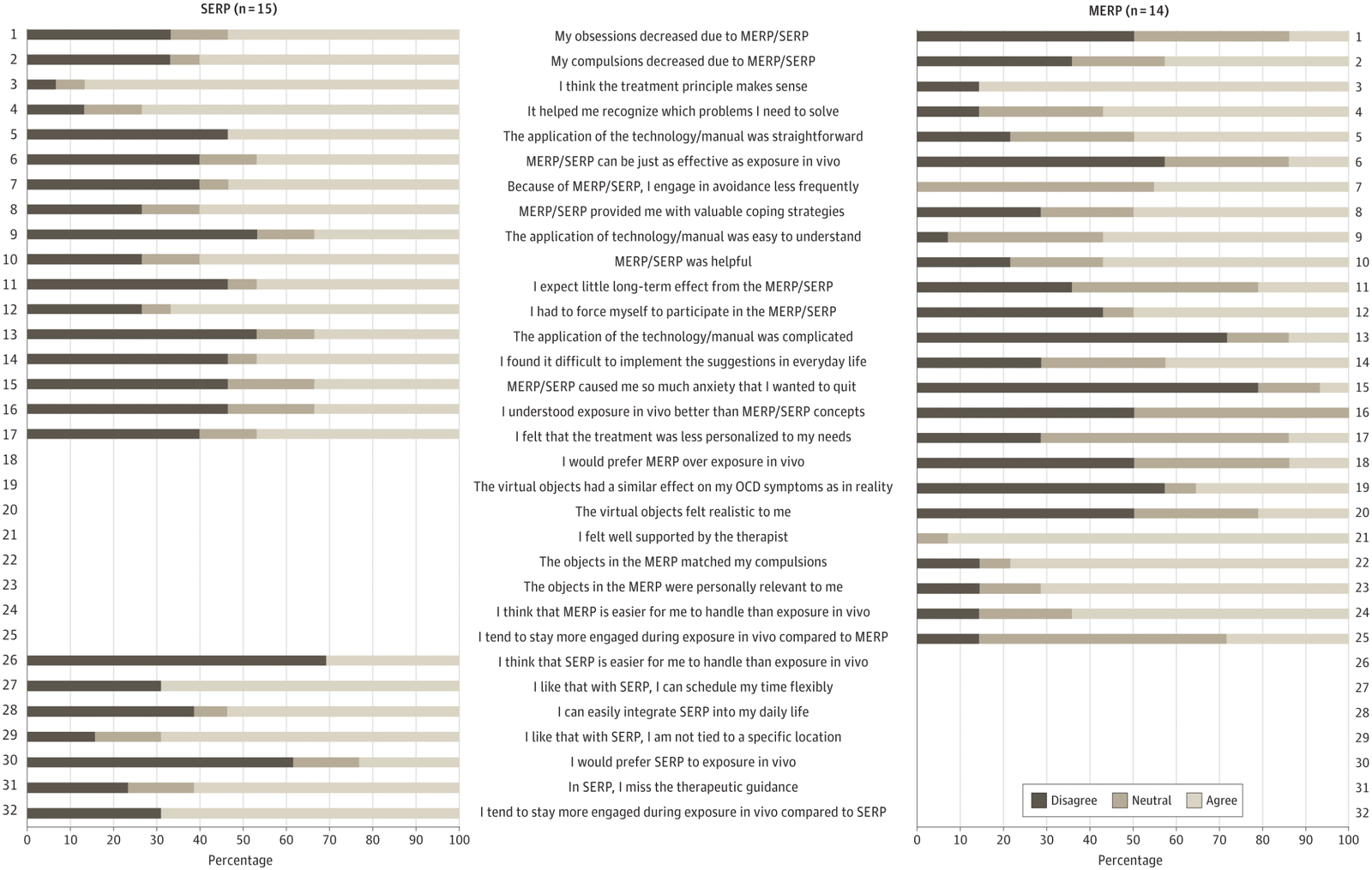Biofeedback is a technique that helps individuals gain control over physiological functions, aiding in pain and stress management. This approach involves using sensors to monitor bodily processes, such as heart rate, muscle tension, and skin temperature, and providing real-time feedback to the user. By observing these metrics, individuals can learn to regulate their body’s responses, which can lead to a reduction in pain and stress.
Over-the-counter pain relief medications are commonly utilized for various conditions, including headaches, muscle aches, and menstrual cramps. While these medications can be effective, they do not address the underlying causes of pain and may lead to dependency if used excessively. Consulting a healthcare professional before starting any medication is advisable, especially for individuals with pre-existing health conditions.
Chronic pain, defined as pain that persists for three months or longer, affects daily activities for many people. It can stem from injuries, illnesses, or may arise without a clear cause. Managing chronic pain often requires a multi-faceted approach, and biofeedback can be an integral part of this strategy. Studies indicate that patients utilizing biofeedback techniques report a 50% reduction in pain and a 40% decrease in stress levels after consistent practice.
Through biofeedback, patients learn techniques such as deep breathing, muscle relaxation, and mindfulness, which can directly impact their pain perception and stress management. This method empowers individuals to take an active role in their health, fostering a sense of control over their pain and stress responses. For instance, one study found that participants who practiced biofeedback regularly experienced a significant improvement in their quality of life, reporting better sleep and increased ability to engage in daily activities.
Incorporating biofeedback into pain management plans can enhance overall treatment efficacy. Health care providers are increasingly recommending biofeedback as a complementary therapy to conventional medical treatments, especially for chronic pain and stress-related disorders. This approach not only aids in symptom relief but also promotes self-awareness and coping strategies, which are vital for long-term mental health.
As awareness of biofeedback grows, more individuals are recognizing its value in pain and stress management. This technique is becoming a staple in integrative health programs, highlighting the importance of addressing both physical and mental health through innovative therapies.


